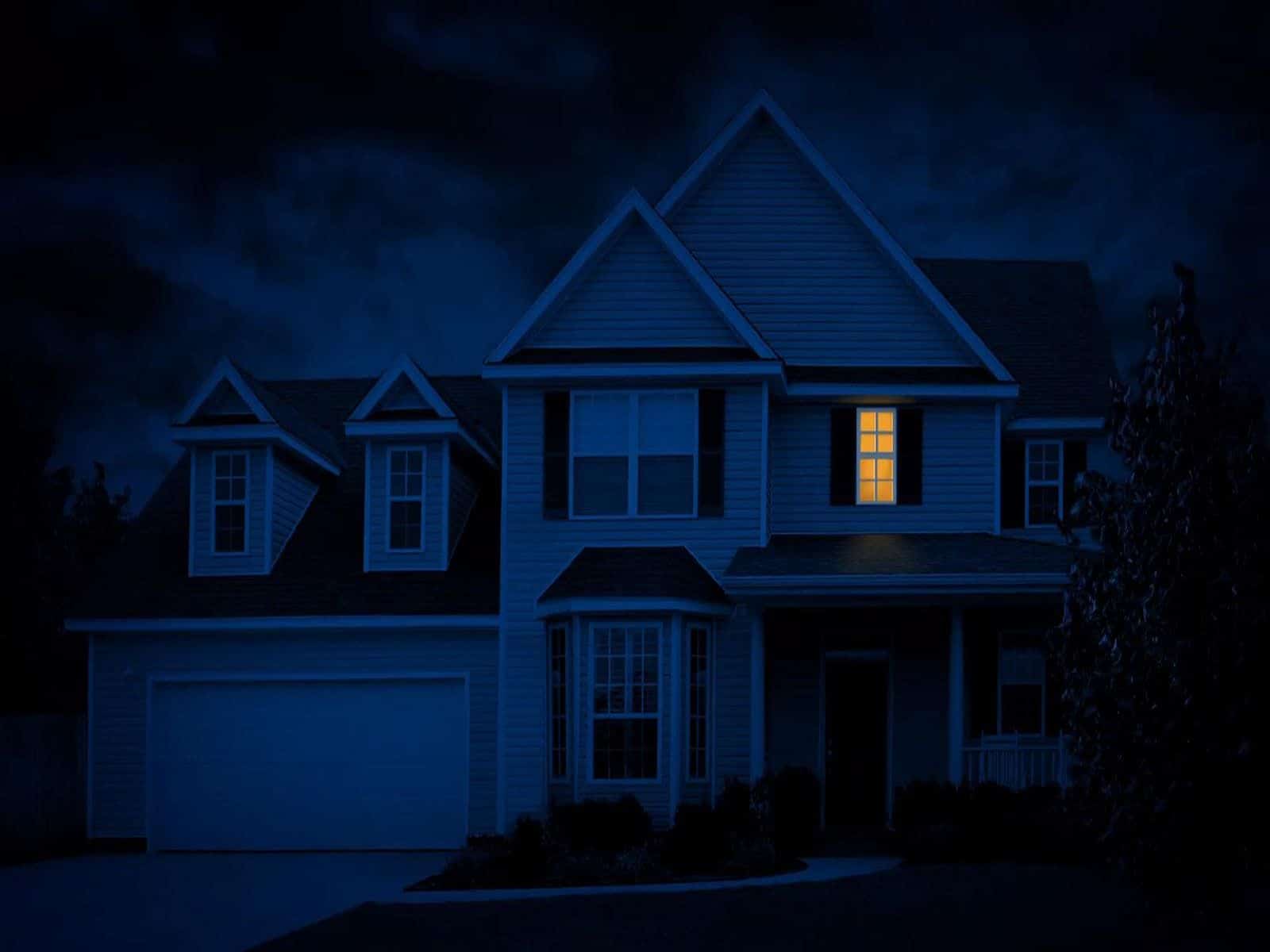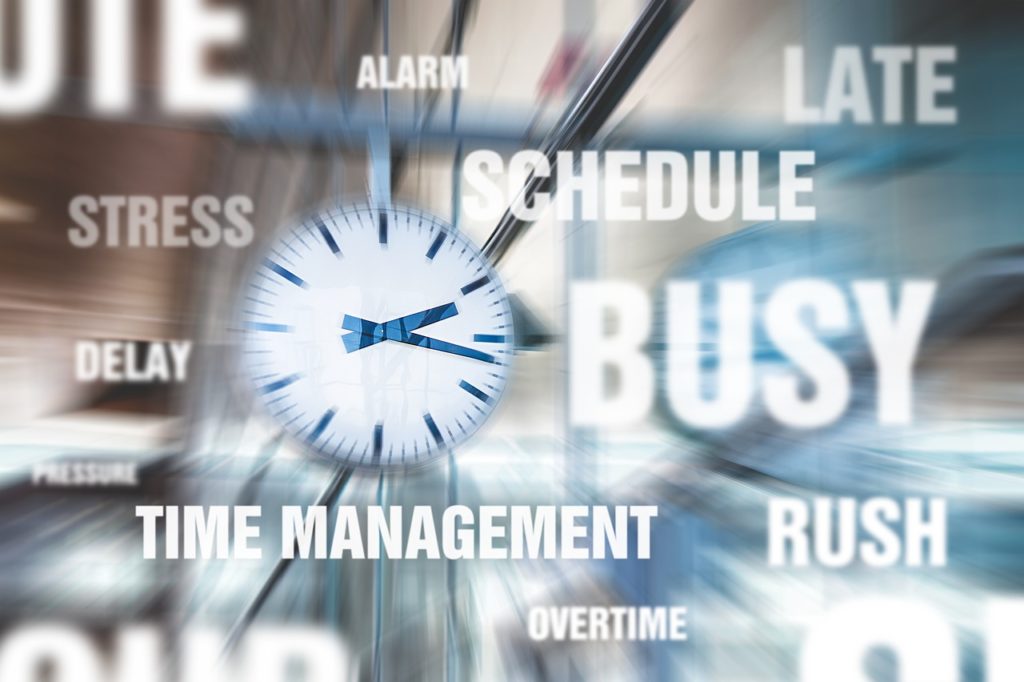
SLEEPING PROBLEM IN CHILDREN AND HOW TO DIAGNOSE
Recent studies show that nearly 30% of children have a sleep disorder at some point in their lives. How to diagnose it?

Dario Periškić
22.04.2019

Many of us have trouble sleeping at one point in time. It could be due to travel, short term illness, stress, family problems, or other interruptions to our regular life routine. And then somehow that becomes normal.
If this is the case and your sleeping problem becomes the norm, you shouldn’t ignore it. You may be suffering from a sleeping disorder, and it is not something you have to live with.

While it is reasonable to occasionally experience difficulties sleeping, it’s unhealthy to have problems with sleep during the night, wake up feeling exhausted or feeling drowsy during the day.
Sleep disorders are related to the duration of your sleep, and the timing and quality of your sleep. These disorders may cause problems with your concentration and functioning during the day. You can also be highly strung, or drowsy, and tired throughout the day.
With sleep disorders, you might have problems falling asleep in the evening, and you never feel like you had enough sleep when you wake up. Your daily activities are suffering because you don’t have the energy to last you through the day.
Ignoring your sleeping problems that might have had turned into a disorder can damage your physical health and lead to more significant health issues, as well as issues affecting your relationships with others.
You might have accepted your sleeping condition and not seek help, but considering the short, medium and long term consequences of sleep disorders, you should seek help as there are solutions….

Some of the most common signs and symptoms of sleep disorders:
If you experienced most of the above symptoms (over an extended period), you probably have a sleep disorder and you should think about finding a solution to improve your quality of life.

Recent studies show that nearly 30% of children have a sleep disorder at some point in their lives. How to diagnose it?

Enough sleep and regular physical exercise are essential for our health. Although everyone recognises this, it is not well known that the two activities influence each other.
In our latest blog we will explain how to get the most out of these two essential activities.

Do you know that a person spends 25 years sleeping?
Different sleep positions affect us in more ways than many of us are aware of! Find out how each sleep position affects our sleep and how you can improve your quality of sleep.
DIKA-MONT d.o.o.
Ul.A.Kačića Miočića 19
10 000 Zagreb
Croatia